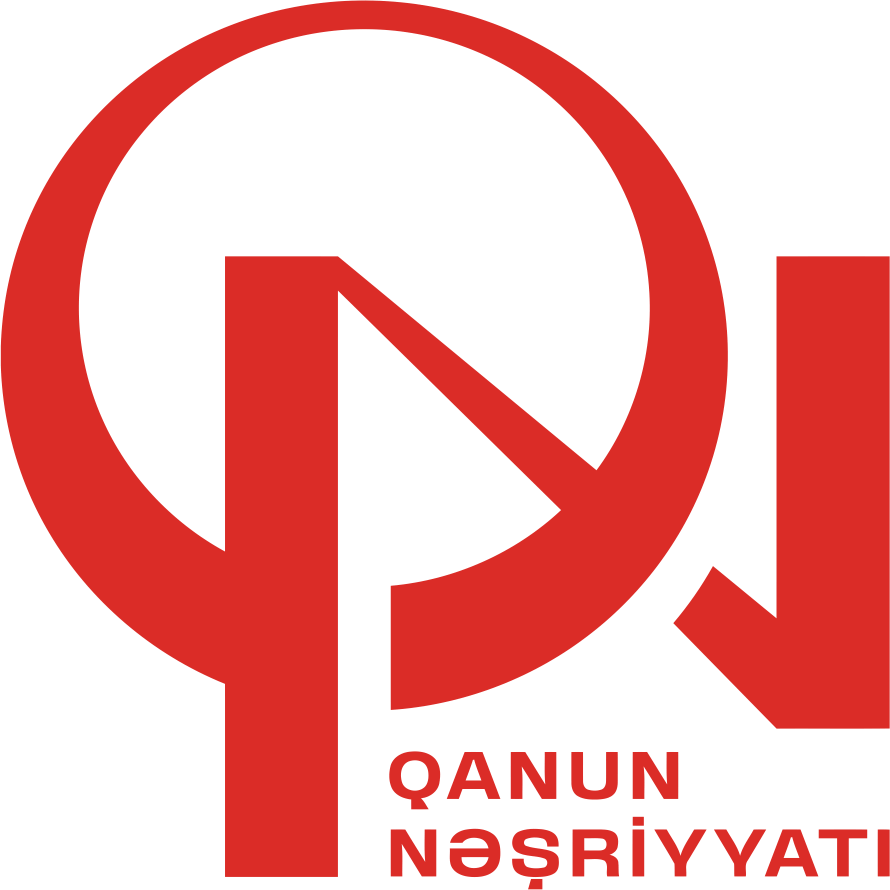Zeynalzada Nurlan Elkhan,
Master’s student, “Transnational Criminal Law” specialty, Law Faculty, Baku State University
E-mail: [email protected]
Appeals regarding instances of corruption are adjudicated by governmental bodies in adherence to Law No. 1308-IVQ of the Republic of Azerbaijan, enacted on September 30, 2015, referred to as the “Citizens’ Appeals Law.”
Upon receiving a request for information pertaining to corruption-related offenses, the head of the state organization initiates an official inquiry into the matter. The internal control service of the relevant governmental body conducts an evaluation of the service. The results of the service’s investigation must be conveyed to the head of the state organization within twenty business days. If further materials and information are necessary, the head of the governing body may request a 10-day extension of this deadline [1].
Following notification of the outcome of the official investigation, the head of the governing body issues one of the following determinations regarding the appeal:
If the application is deemed valid and there are indications of civil-legal, (Burada mülki-hüquqi olmalıdır!) or administrative liabilities, appropriate actions should be taken concurrently in line with the Code of Administrative Offenses and the Civil Code of the Republic of Azerbaijan. Documentation relevant to violations exhibiting criminal characteristics should be forwarded to the General Prosecutor’s Office of the Republic of Azerbaijan.
In cases where the application is considered genuine but the action taken does not imply any civil-legal, administrative, or criminal liabilities, disciplinary measures may be imposed on the relevant parties.
If the rationale for the appeal is not substantiated, the appeal proceedings should be terminated.
A well-reasoned response to the decision is furnished to the applicant to inform them of their right to challenge the ruling. A citizen retains the option to lodge an appeal against the decision of a state body chief with a higher-ranking state body. Importantly, this provision does not curtail the citizen’s right to appeal the decision of the state entity’s chief directly to the court. Article 7 of the Law “On Citizens’ Appeals” delineates the procedure through which appeals concerning corruption-related offenses are evaluated within a twenty-working-day timeframe, with exceptions for entities under state jurisdiction [1].
Founded on March 3, 2004, the Anti-Corruption Commission of the Republic of Azerbaijan is an institution dedicated solely to combating corruption. The legislative framework governing the commission’s authority was established on May 3, 2005, in compliance with Azerbaijan’s legislation. The Commission’s activities are governed by this Regulation, national laws, and other normative legal acts, as well as Azerbaijan’s Constitution and international agreements to which Azerbaijan is a signatory. The commission comprises fifteen members, appointed as follows: five by the President, five by the Milli Majlis, and five by the Constitutional Court of the Republic of Azerbaijan. The commission maintains transparent communication channels with the President, Milli Majlis, and Constitutional Court concerning progress in anti-corruption efforts. Collaboration with legislative, executive, and judicial authorities forms the basis of its operations, overseen by the commission’s chairman. Under the guidance of the Organization Commission, a permanent secretariat is established to handle administrative tasks, including document compilation for commission proceedings and resolution of organizational issues. During commission meetings, matters regarding the commission’s jurisdiction are deliberated. Regular meetings are held at least once every three months [2].
